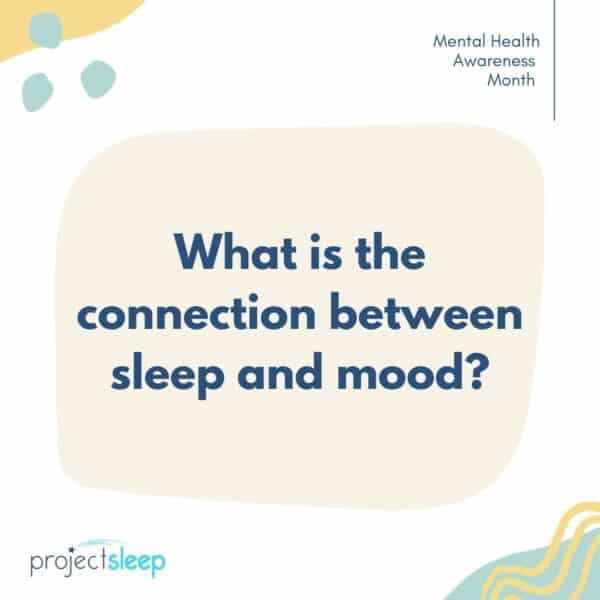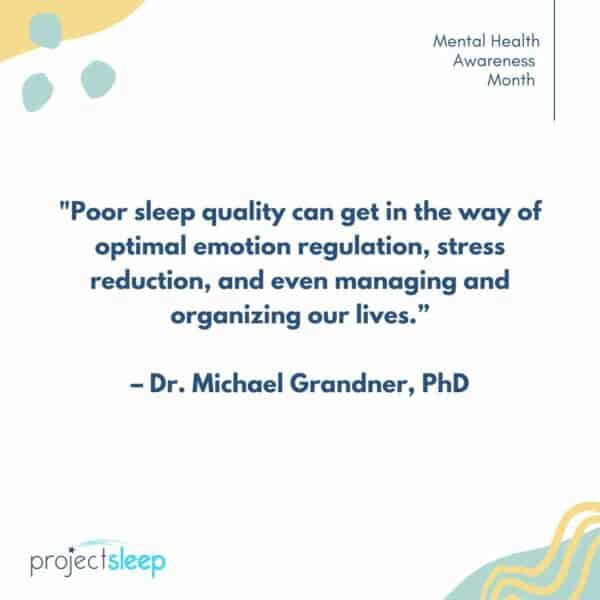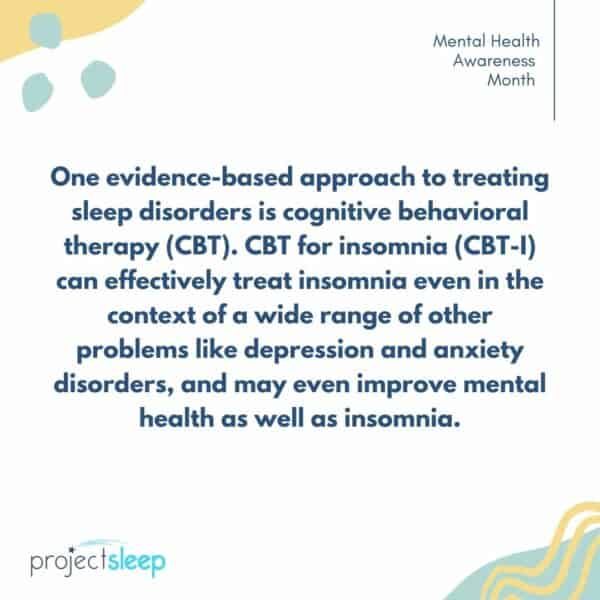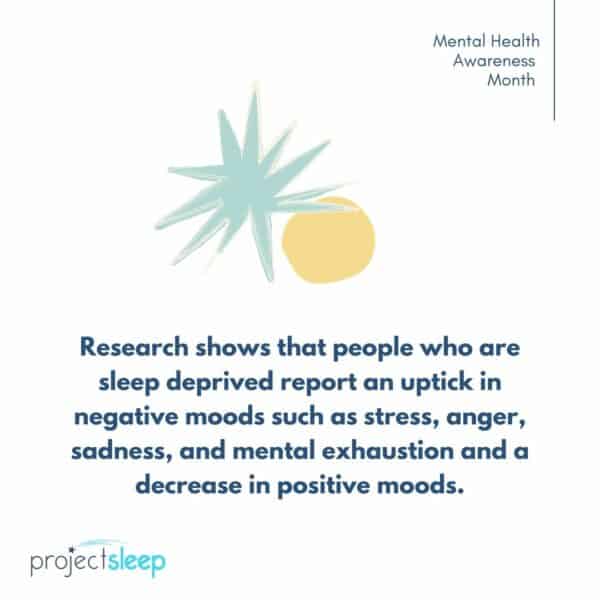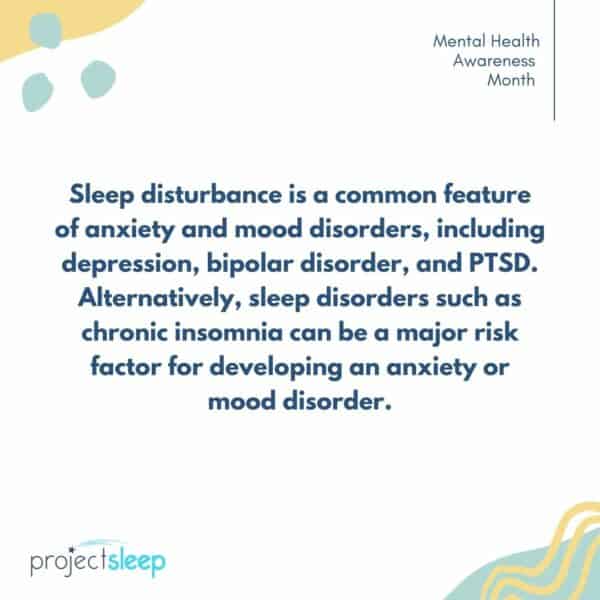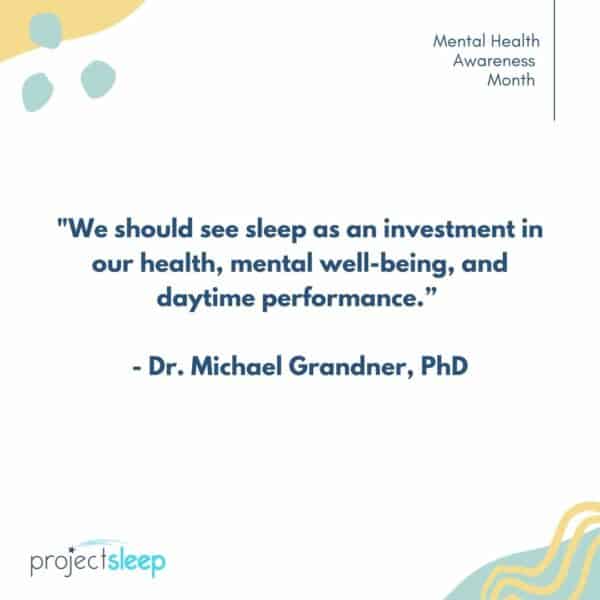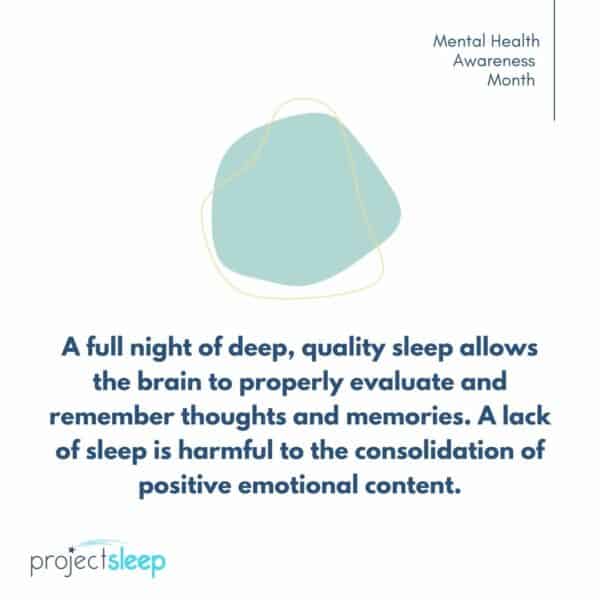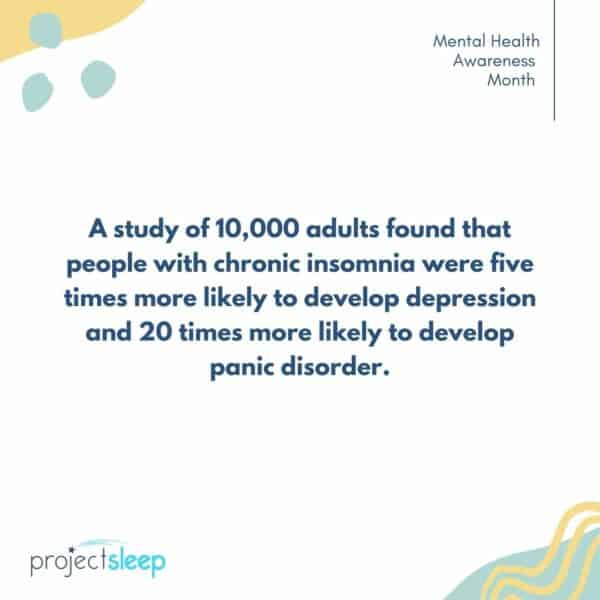 What is the connection between sleep and mood?
What is the connection between sleep and mood?
Research shows that people who are sleep deprived report an uptick in negative moods and a decrease in positive moods. In one study, participants limited to only 4.5 hours of sleep a night for one week reported feeling more stressed, angry, sad, and mentally exhausted—that is, until they started sleeping well again (NIH). So, skimping on sleep can affect your mood, causing irritability and stress. Intuitively we might all know that, but why is it that inadequate sleep can have such an impact on our well-being?

